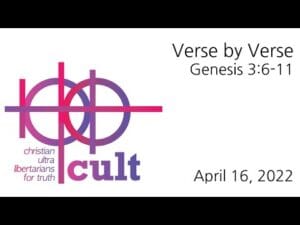
Genesis 3:6-11 Bible Teaching
Eve and Jesus faced temptations appealing to desires; Eve succumbed, Jesus resisted. Shawn emphasizes spiritual integrity, overcoming sin's shame through Jesus' sacrifice.

Eve and Jesus faced temptations appealing to desires; Eve succumbed, Jesus resisted. Shawn emphasizes spiritual integrity, overcoming sin's shame through Jesus' sacrifice.

Shawn explores the serpent's identity in Genesis, suggesting it was a primate, not a snake, based on the Hebrew "nachash," implying intelligence and speech, challenging traditional views.
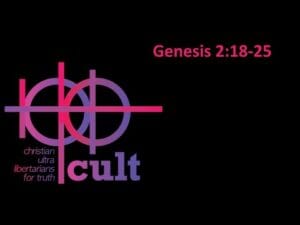
Shawn's teaching on Genesis 2:18-25 highlights human need for companionship, equality, and complementarity in relationships, emphasizing marriage as a union of one man and one woman, rooted in biblical creation, not ceremonies.

Genesis 2's garden creation, river division, and man's labor highlight free will vs. determinism. Shawn teaches free will is key to understanding evil, accountability, and spiritual choice.
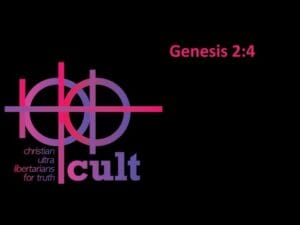
Shawn's teaching contrasts Genesis 1 and 2, explores God's names, Hebrew terms for man, and the symbolism of trees, emphasizing divine planning, presence, and human connection.

Shawn's teaching highlights humans as God's image-bearers with dominion, emphasizes stewardship, herbivorous creation intent, and contrasts God's rest with human labor.
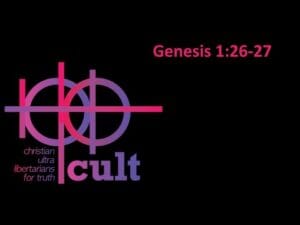
Genesis 1:26-27 discusses God's plurality, interpreted as addressing angels or using majesty, not Trinitarian. Emphasizes monotheism, one God, Jesus as Lord. Ezekiel 28 links Tyre's king's pride to Satan's fall. Humans, in God's image, have unique roles, sparking Satan's envy.

The teaching explores Genesis' creation narrative, focusing on "bara" (create) vs. "asah" (make), emphasizing faith, unity, and varied interpretations without rigid stances.
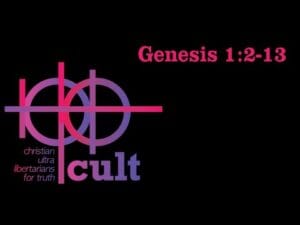
Shawn's teaching on Genesis 1:2-13 highlights God's transformative power, aligning creation with scientific theories, emphasizing spiritual renewal, and exploring Jewish traditions.
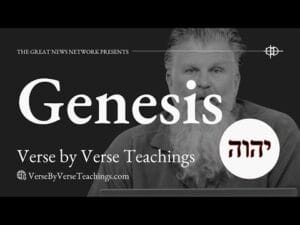
Shawn's teaching focuses on the spiritual principles of the Old Testament, emphasizing God's creation through His word, the unity of God and the Word, and a monotheistic view of God as Elohim. It challenges traditional Trinitarian views, highlighting God's benevolent nature and the significance of the material world for spiritual growth.